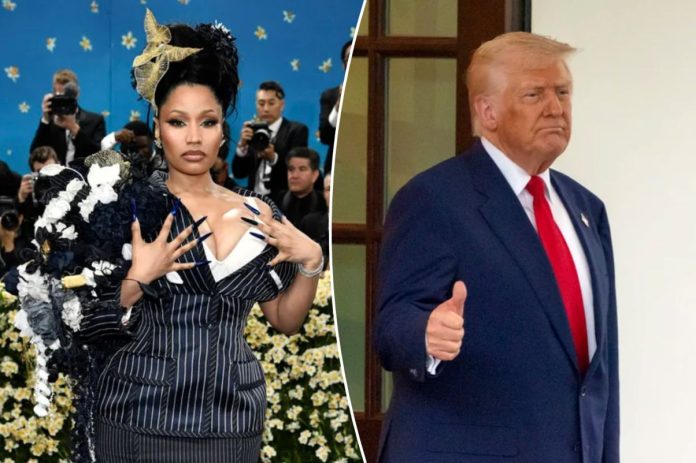The news arrived like a fresh wound, even amidst a fragile ceasefire. A BBC report flashed across the screen – ten-year-old Muhammad al-Hallaq, another Palestinian child lost to violence. For Motaz Malhees, star of the film *The Voice of Hind Rajab*, it was a stark reminder of the relentless cost of conflict, a pain echoing the story he’d poured himself into.
That story centers on six-year-old Hind, whose final hours are dramatized in a film that captivated the Venice Film Festival. It’s a harrowing account of a family caught in the crossfire, desperately seeking escape from Gaza, and a child’s desperate plea for rescue that went unanswered for too long.
Hind’s last words, captured in frantic phone calls to the Palestine Red Crescent Society, became the heart of the film. Days later, her body was discovered with her family, their car riddled with bullets. The film doesn’t shy away from the brutal reality, earning a remarkable 23-minute standing ovation for its unflinching portrayal of loss.

Malhees discovered Hind’s story only when offered the role of Omar, one of the emergency responders. He sought out the real Omar, knowing a truthful performance demanded it. The initial conversation, though welcomed, reopened deep wounds for the man who’d lived through the tragedy, requiring a period of retreat and healing.
Despite the director’s efforts to create a supportive atmosphere on set, Malhees found no escape from the weight of the narrative. “I felt like I was dying on it,” he confessed, describing a visceral experience where each scene brought him to the brink. “I died 1000 times in there and was reborn again.”
The film exposes the agonizing helplessness faced by responders, battling systemic barriers as they desperately tried to reach Hind. They were forced to listen to her fading pleas, knowing time was slipping away. The emotional toll of discussing the film is palpable, even in recollection, a testament to its raw power.

Malhees admits to a fear of speaking with Hind’s mother, Wessam, though he hopes to connect with her in the future. He understands her pain intimately, having experienced loss in his own life. When he was ten, a friend was killed by Israeli forces, a moment that irrevocably altered his path.
That childhood tragedy ignited a desire to tell stories, to give voice to the voiceless. He left school to join The Freedom Theatre, dedicating himself to acting as a means of bearing witness. Sixteen years later, he feels a profound responsibility to represent his people, to combat the dehumanization they face.
*The Voice of Hind Rajab* is more than just a film for Malhees; it’s a call to action. He hopes it will awaken understanding in the West, demonstrating the reality of Palestinian life and preventing similar tragedies. It’s a “super anti-war, anti-genocide film,” fueled by a yearning for change, for freedom, for equality.

He urges Hollywood to follow the example set by executive producers like Brad Pitt and Joaquin Phoenix, who lent their support to the project. He believes artists have a crucial role to play in revealing the truth, in challenging the status quo. He is committed to continuing these stories, even as the death toll rises.
Beyond the weight of this current work, Malhees dreams of a future where he can explore a wider range of roles – *Peaky Blinders*, *Romeo and Juliet* – the kinds of opportunities often taken for granted. “We are not less than any one of you,” he asserts, his voice filled with quiet dignity. “If we are free, we wouldn’t be asking for anything.”






